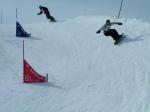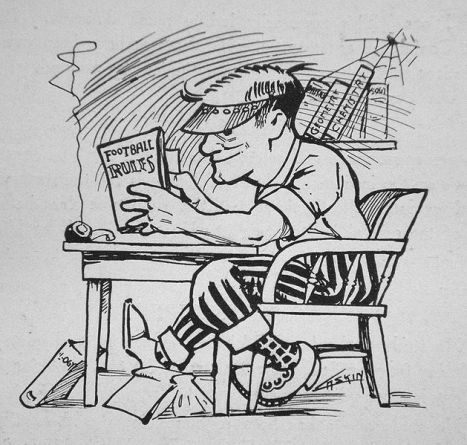 Public domain image: “Column of Alexander I of Russia in scaffolds. Saint Petersburg” by Grigory Gagarin (1832–1833)
Public domain image: “Column of Alexander I of Russia in scaffolds. Saint Petersburg” by Grigory Gagarin (1832–1833)
I’ve been developing a program for the writer who has completed (or neared completion of) a novel and is now looking for ways to find a home for their work. This is called the Writing Platform and it consists of a long list of things that writers can do to help bring attention to their work and be found by the right publisher, agent or editor and… ultimately… their intended reader.
There are three main parts to the basic writing platform, which I’ll touch on below. [more]
Filed under: blogs, creative writers, creative writing, writing, writing life, writing resources | Tagged: blog, blogging, coach, coaching, creative writers, creative writing, marketing, platform, rainbow, seattle, tools, workshop, write a novel, writers, writing, writing for, writing life | Comments Off on March monthly dispatch: Writing platforms–3 building blocks you can work on right now


 Musings about subjectivity in judging, two golden boys, taking time and space, and honoring the competition… for writers.
Musings about subjectivity in judging, two golden boys, taking time and space, and honoring the competition… for writers. Musings about Lindsey Jacobellis, two sisters who didn’t sweep the podium, taking risks and seeking opportunities… for writers.
Musings about Lindsey Jacobellis, two sisters who didn’t sweep the podium, taking risks and seeking opportunities… for writers.
 The Guardian posted a 2-part article highlighting “top ten writing rules” from various authors last Saturday. Check out the list of writers and their rules
The Guardian posted a 2-part article highlighting “top ten writing rules” from various authors last Saturday. Check out the list of writers and their rules
You must be logged in to post a comment.